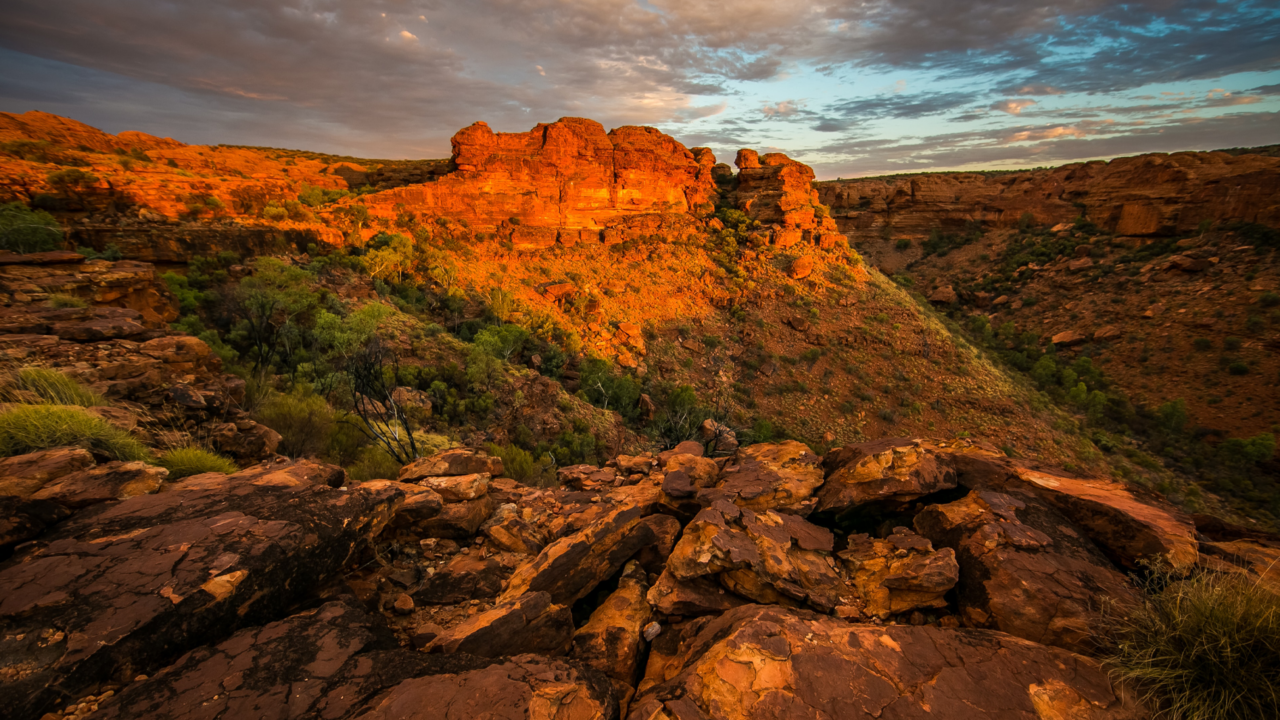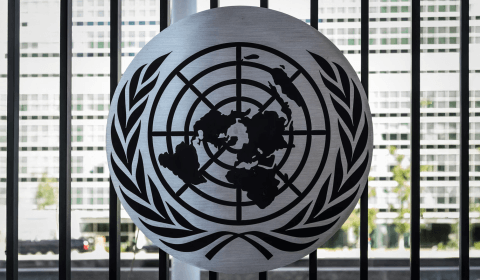Western Australia has announced its intention to abolish the recently enacted Aboriginal Cultural Heritage Act, a move that is poised to have profound implications for the preservation of Indigenous heritage.
Modern-day Australia’s relationship with its Aboriginal history and present Aboriginal population has always been fraught. The country is infamous for denial of its own colonial history, resulting in the continued socio-political alienation of Australia’s Aboriginal people.
In recent years, efforts have been made to address the horrific treatment of indigenous Australians, including widespread boycotts of Australia Day – which marks the anniversary of the arrival of the First Fleet in Australia – and a rise in the celebration of Aboriginal Peoples Day.
But in a decision that has sparked backlash across the country, Western Australia has announced its intention to abolish the recently enacted Aboriginal Cultural Heritage Act. The abandonment of this legislation raises questions about the true priorities of those in power and the detrimental consequences for the country’s First Peoples.
The recently scrapped law, which was only introduced a few short years ago, aimed to provide stronger safeguards for Aboriginal heritage sites in the face of industrial development.
However, Western Australia’s current decision to rescind this protection reflects a disheartening prioritisation of profit over preserving the rich history and cultural identity of the Aboriginal communities
The Indigenous peoples of Australia have endured centuries of dispossession, discrimination, and cultural erasure, making the preservation of their heritage sites a matter of utmost importance.
These sites, such as ancient rock art, sacred ceremonial grounds, and burial grounds, carry profound cultural significance that connects contemporary Aboriginal communities to their ancestors and traditions.
The decision to repeal the legislation leaves these culturally significant locations vulnerable to exploitation, disregarding the deep-rooted ties that Indigenous peoples have to their land.
The underlying motivations behind this repeal raise serious concerns. The push to abandon the Aboriginal Cultural Heritage Act seems heavily influenced by non-Aboriginal landowners and industries eager to exploit Western Australia’s natural resources.
The economic prospects of mining, energy, and infrastructure development hold a powerful sway over governmental decisions, often overshadowing the value of cultural heritage.
Non-Aboriginal landowners hold disproportionate influence in shaping policies that directly impact Indigenous communities. This leaves the Aboriginal communities marginalised and their voices stifled in discussions about the future of their own heritage.
While proponents of the repeal argue that it will create jobs and stimulate the economy, the human cost of displacing Aboriginal communities from their ancestral lands, destroying sacred sites, and erasing cultural connections far outweighs any short-term economic gain.
And despite what global commentary may tell you, Western Australia’s decision to dismantle the Aboriginal Cultural Heritage Act is not merely a local issue—it is indicative of a broader global struggle between preservation and progress.




















